The Kurzweil vision.
A Q&A with the top author, computer scientist, futurist, inventor, and Google engineering director.
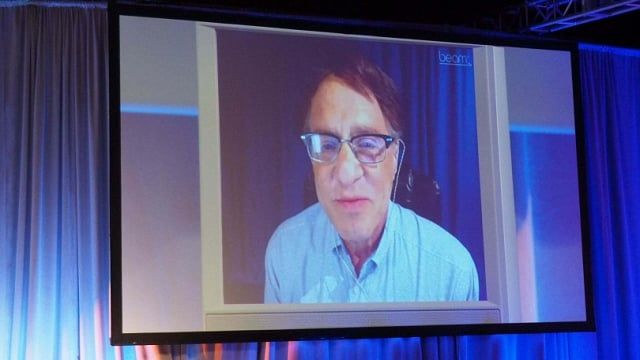
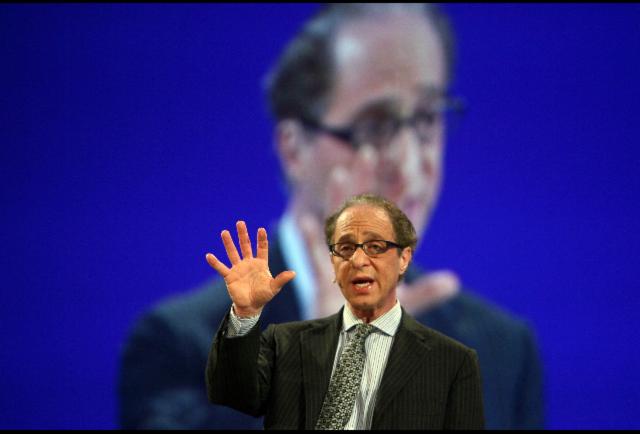

By Portis403 · 9 months ago.
Source: http://futurism.com/images/the-dawn-of-the-singularity/?src=home
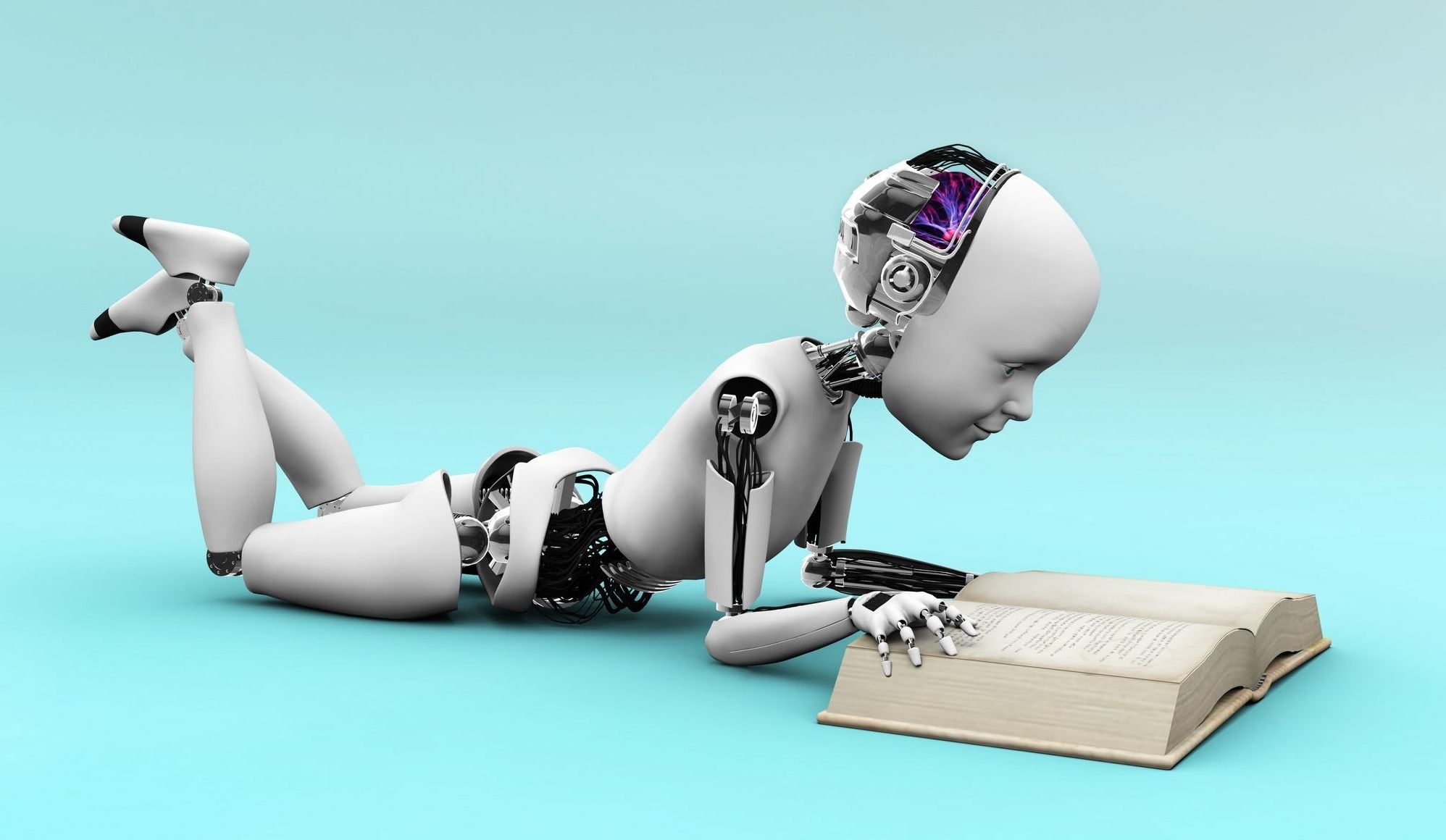
Shutterstock.
Can we really have a conversation with a bot? Voice assistants like Siri, Cortana and Google Now make a good attempt at it, but these are still clearly machines. Their level of artificial intelligence is far behind human intellect. But you can bet Google is working on improving AI.
Renown author Ray Kurzweil has revealed him and his team have been working with Google to create chatbots. These are said to be advanced bots with which you can have ‘interesting conversations’.
Not much else was revealed, but Kurzweeil did specify one of these would be based off one of his book’s characters — Danielle. But these chatbots won’t be limited to specific personalities.
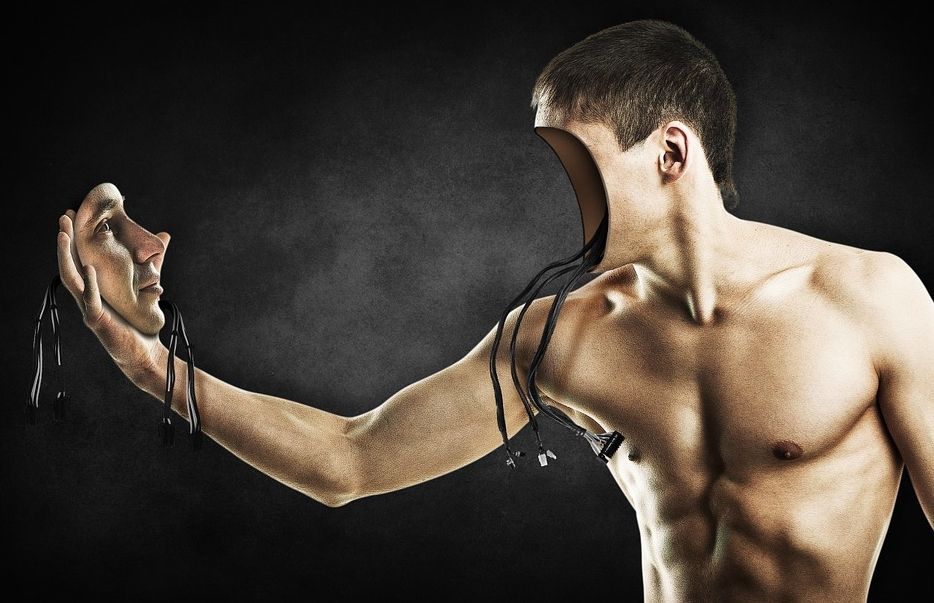
New spin on all things that are Singular. Hmmm — so if Singularity becomes a religion; is Ray Kurzweil its God?
A colleague forwarded John Horgan’s recent Scientific American article, “The Singularity and the Neural Code.” Horgan argues that the intelligence augmentation and mind uploading that would lead to a technological singularity depend upon cracking the neural code. The problem is that we don’t understand our neural code, the software or algorithms that transform neurophysiology into the stuff of minds like perceptions, memories, and meanings. In other words, we know very little about how brains make minds.
https://www.youtube.com/watch?v=8CSNmrunCnA
Michio Kaku and Ray Kurzweil explains the exponential rate at which Technological Singularity is approaching and the future is far near than we can Imagine!
2029 : Singularity Year — Neil deGrasse Tyson & Ray Kurzweil — https://www.youtube.com/watch?v=EyFYFjESkWU
Life Changing Future Technologies [Full Documentary] : https://www.youtube.com/watch?v=TRSlkx5qaSk
The technological singularity is a hypothetical event in which artificial general intelligence (constituting, for example, intelligent computers, computer networks, or robots) would be capable of recursive self-improvement (progressively redesigning itself), or of autonomously building ever smarter and more powerful machines than itself, up to the point of a runaway effect—an intelligence explosion—that yields an intelligence surpassing all current human control or understanding. Because the capabilities of such a superintelligence may be impossible for a human to comprehend, the technological singularity is the point beyond which events may become unpredictable or even unfathomable to human intelligence.
Other related resources
https://www.singularityweblog.com/17-definitions-of-the-technological-singularity/
Technological singularity.
https://en.wikipedia.org/wiki/Technological_singularity
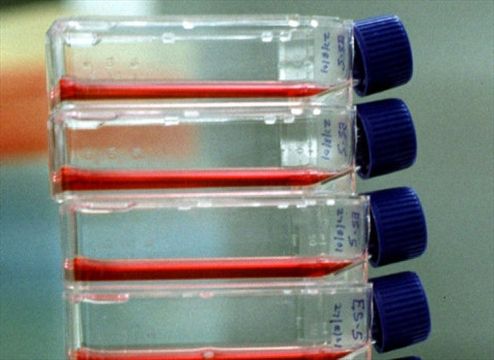
KITCHENER — Big jumps in life expectancy will begin in as little as 10 years thanks to advances in nanotechnology and 3D printing that will also enable wireless connections among human brains and cloud computers, a leading futurist said Thursday.
“In 10 or 15 years from now we will be adding more than a year, every year, to your life expectancy,” Ray Kurzweil told an audience of 800 people at Communtech’s annual Tech Leadership conference.
Kurzweil, a futurist, inventor and author, as well as a director of engineering at Google, calls this “radical life extension.”
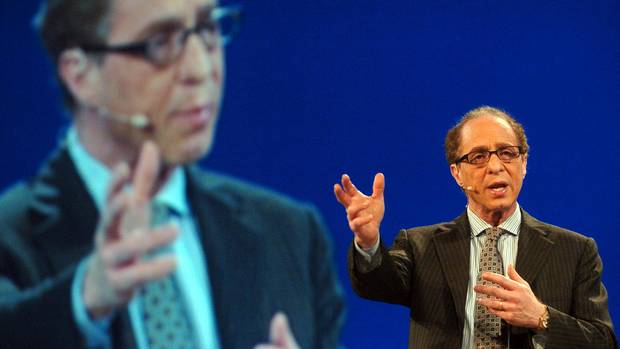
A documentary film just had its premiere at the Hot Docs festival in Toronto. How To Build A Time Machine, the work of filmmaker Jay Cheel, is a strange and incoherent little document of two middle-aged men with loosely related obsessions: One of them wants to build a perfect recreation of a movie prop – the machine from the 1960 movie The Time Machine, based on the H.G. Wells novel – and the other is a theoretical physicist who thinks he may have effected a kind of time travel in a lab, on a microscopic scale, using lasers that push particles around. The weak connection between the two men is that they both regret a death in their past – a best friend, a father – and are preoccupied with what they might have done to prevent the death; they both wonder if time travel to the past might have been a remedy for death itself. (Compared to the protagonist of Zero K who seeks immortality as a way of avoiding the loss of a loved one.) The 80s synthpop song Forever Young by Alphaville booms symbolically at one point.
Why this sudden ascendancy of yearning for immortality now? Is it simply because immortality of a medical sort might be imminent, a result of technological advances, such as nanobots, that will fight disease in our bloodstream? Or is it because, as Ray Kurzweil implies, digital technology is now so advanced that we have already left our bodies behind? We already live outside them, and our digital selves will outlive them. (“I mean,” says Kurzweil, “this little Android phone I’m carrying on my belt is not yet inside my physical body, but that’s an arbitrary distinction.”)
The frequently quoted axiom of Arthur C. Clarke – “Any sufficiently advanced technology is indistinguishable from magic” – is pertinent to this current fascination with life without end. We are now perceiving technology as not just magic but as god-like, as life-giving, as representing an entirely new plane of being.
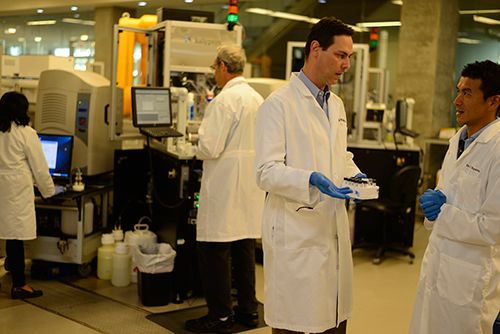

Kurzweil, me and others have been saying devices will eventually be phased out for a while now. However, I do not believe the phase out will be due to AI. I do believe it will be based on how humans will use and adopt NextGen technology. I believe that AI will only be a supporting technology for humans and will be used in conjunction with AR, BMI, etc.
My real question around the phasing out of devices is will we jump from Smartphone directly to BMI or see a migration of Smartphone to AR Contacts & Glasses then eventually BMI?…
(Bloomberg) — Forget personal computer doldrums and waning smartphone demand. Google thinks computers will one day cease being physical devices.
“Looking to the future, the next big step will be for the very concept of the “device to fade away, Google Chief Executive Officer Sundar Pichai wrote Thursday in a letter to shareholders of parent Alphabet Inc. “Over time, the computer itself — whatever its form factor — will be an intelligent assistant helping you through your day.
Instead of online information and activity happening mostly on the rectangular touch screens of smartphones, Pichai sees artificial intelligence powering increasingly formless computers. “We will move from mobile first to an AI first world, he said.